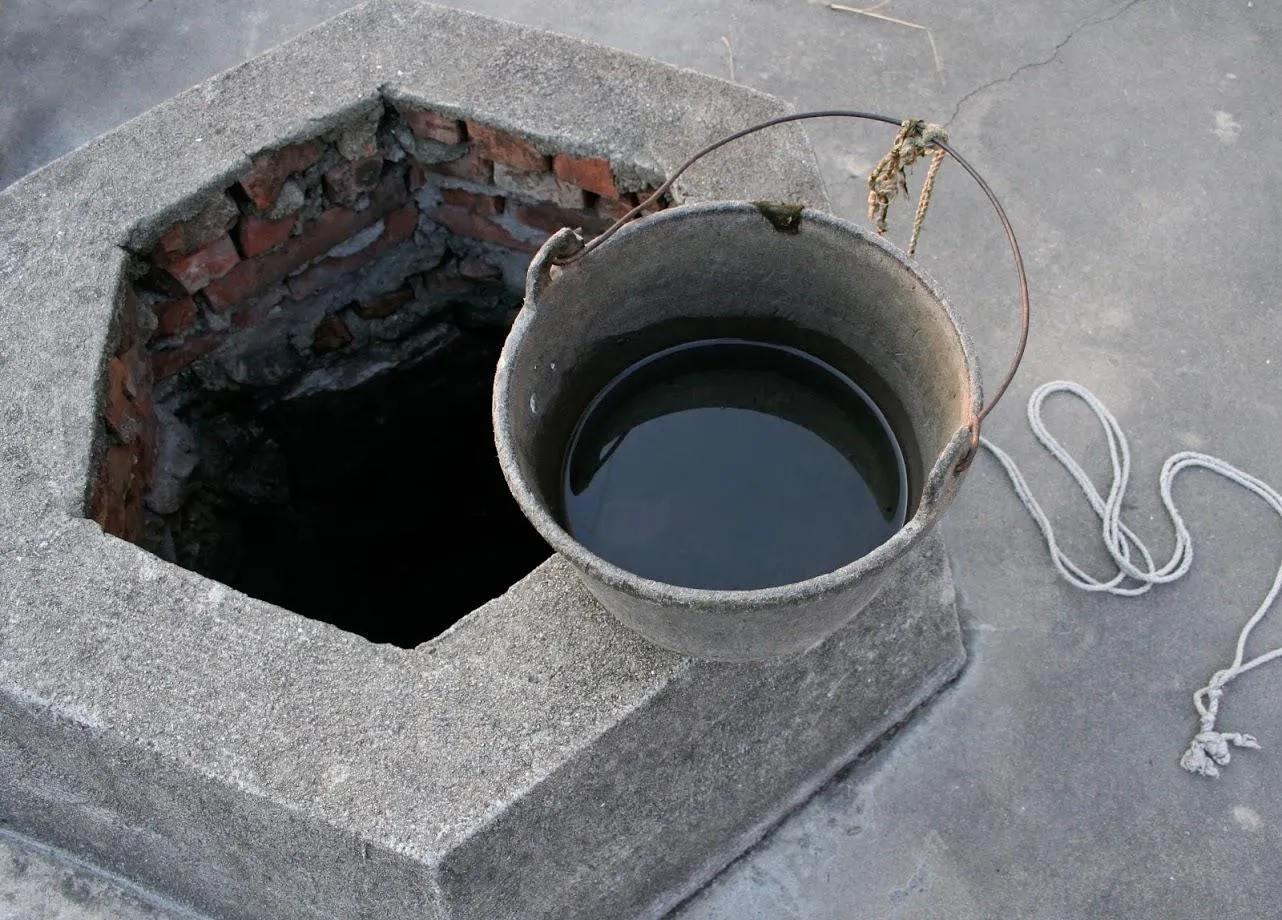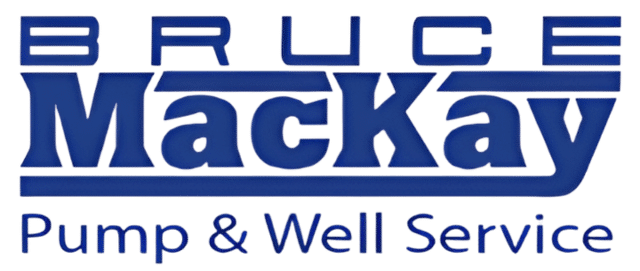
What You Need to Know About Well Water and Radionuclides
Many residents of Nevada turn to well water when they do not have access to municipal water. Most wells access groundwater sources deep beneath the ground and are subject to contamination. Among common well-water contaminants in Nevada are mercury, nitrate, and radionuclides. Here’s what you need to know about your well water and radionuclides.
What Are Radionuclides?
Radionuclides refer to a group of any chemicals or elements that are radioactive and present in water. A few of the most common radionuclides include radon, uranium, radium, and gross alpha, beta, and photon emitters.
Where Do Radionuclides Originate?
Radionuclides come from an array of sources. Radon and radium both emit naturally during the breakdown of uranium in rocks and soil that surround groundwater. Uranium is also naturally present in bedrock that in turn contaminates groundwater, but it also originates from human activity like mill tailings and nuclear emissions.
Alpha, beta, and photon emitters generally result from human activity. Major sources of the three emitters are coal and lignite power plants, nuclear power plants, and other facilities that use radioactive material or are responsible for its disposal. Alpha, beta, and photon emitters usually contact surface water first and then enter groundwater later.
Are Radionuclides Harmful?
Radionuclides in tiny amounts are not harmful. In fact, radiation exists all around us and come from x-ray machines, smoke detectors, cell phones, and cigarette smoke. However, significant amounts of radionuclides in your water can cause harm in many ways:
Kidney damage and kidney failure
Lung, stomach, and bone cancer
Increased gene mutation and genetic disorders
Experts believe constant low doses of radiation over a long period of time pose a lower risk for health problems because the body has a greater likelihood of repairing the damage. However, long-term effects can still appear many years later.
Can I Tell If My Water Contains Radionuclides?
Unfortunately, radionuclides produce no smell, taste, or discoloration in your well water, so you won’t know whether they are present. Because the water in over 36,000 household wells in Nevada is not monitored by any municipality, it’s up to you to test your well water for contaminants like radionuclides.
Make sure you test your well every three years for radionuclides. If you test your water yourself, you can find water testing kits online, at hardware stores, or from your county. Make sure the test is able to detect the presence of radionuclides. Contact your local drinking water office or radiation control program about where to obtain the right kit if you can’t find one.
You can also have your well water tested by an expert who examines your water sample in a certified lab.
What If My Well Tests Positive for Radionuclides?
If your well tests positive for any radionuclide, chances are the amount is very small. Although natural forces will probably always introduce radioactive materials into groundwater and your well water, you can do a few things about it.
To remove any radionuclides from your well water, install a treatment system at the tap. Several methods exist that take out harmful radiation and ensure your water is pure and clean.
Ion-exchange system
Distillation
Reverse osmosis
No single system can remove every contaminant, so make sure the method or system you choose works in tandem with other filtration systems. Keep in mind that any radiation that a system collects must be disposed of the right way and not in your trash.
In addition to filtration or removal systems, you have other options to address radionuclides in a private well. You can dig a deeper well or choose a different well site not located in bedrock. For solutions regarding your well, contact Bruce MacKay Pump & Well Service, Inc. We can help with well issues including well inspections, deeper digs, and new drilling.
